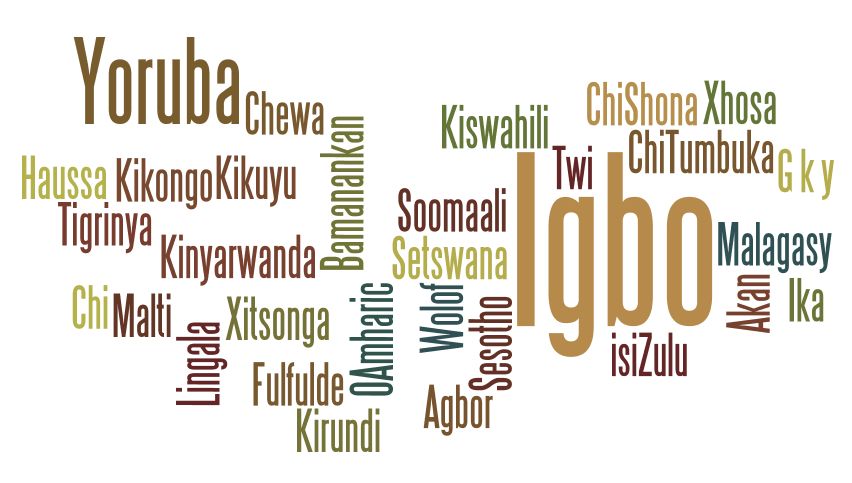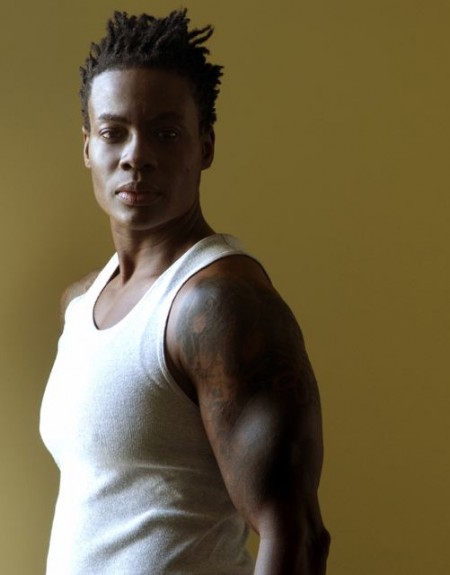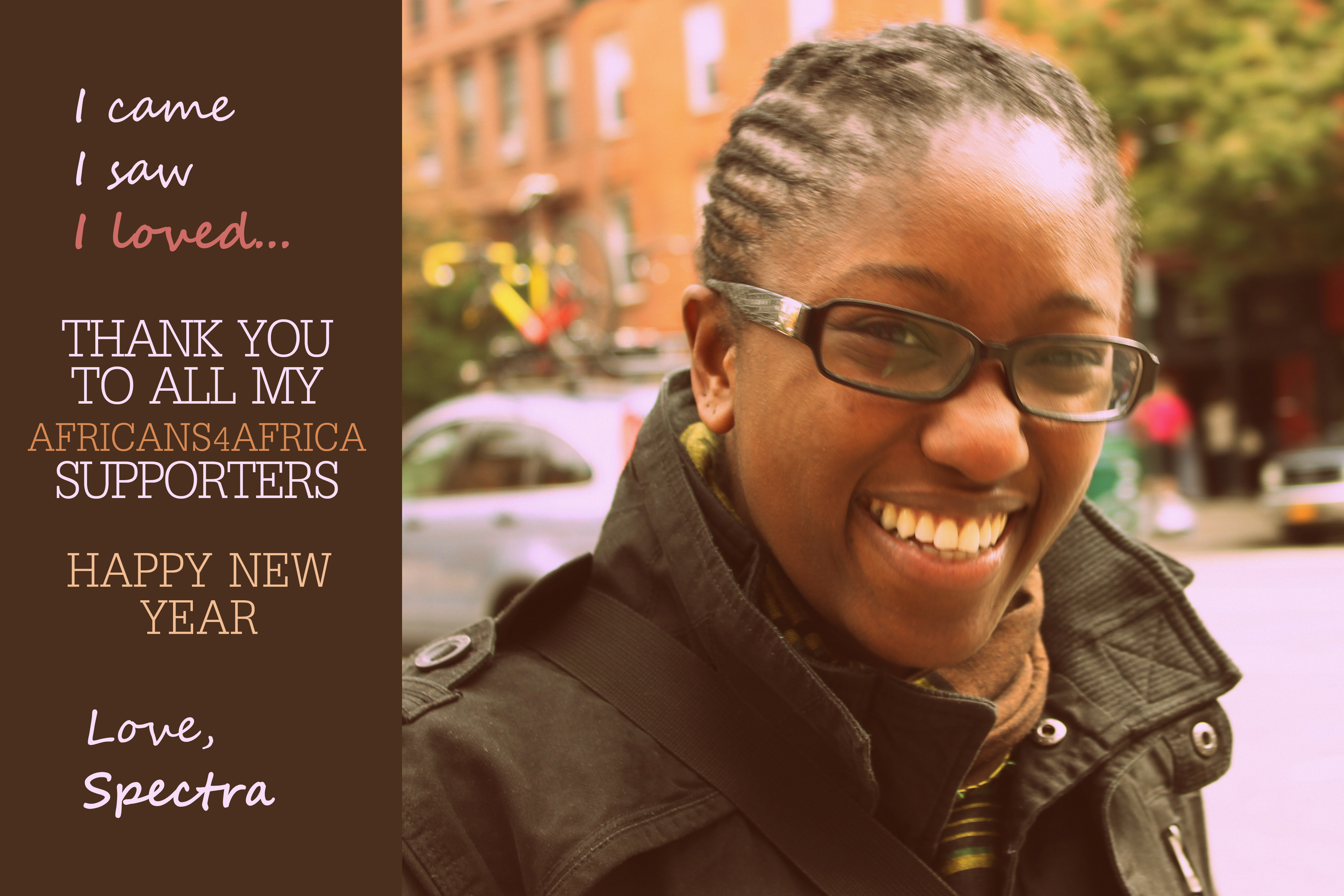If my detest for words and definitions stems from anything at all it's the "allies" I've experienced in both my personal life and my work as an activist. I've met hundreds of "white allies," for instance, many of who profess their "consciousness" via some digital channel (e.g. an overly serious…
-
Afrofeminism - Blog - Diversity - Diversity - Gender and LGBT Issues - Race, Culture, Ethnicity - The Political, Personalized
-
African Feminism - Africans for Africa - Afrofeminism - Blog - Diaspora Diaries - Special Series - The Political, Personalized
What Kind of African Doesn’t Speak Any African Languages? Me.
Last year, I attended a conference about Africa's development. In a session about African identity, we explored the question of whether one could claim to be African without being fluent in their mother tongue. Some said yes. But many said no. For this, I blame colonialism... and Sesame Street.
-
Afrofeminism - Blog - Gender and LGBT Issues - LGBT Africa - My Work - The Political, Personalized - Writing and Guest Blogging
Losing Access to Sisterhood: Tomboys, Masculinity, and the Unmaking of a Girl
When I woke up to International Women's Day celebrations today, the first thing on my mind wasn't politics, but the personal connections I didn't know I would forfeit the minute I stopped wearing skirts, traded in my long hair for a frohawk, and fell in love with a woman. In…
-
Open Letter to Africans for Africa Supporters: Love Is My Revolution
This is my last post for 2012. I've been back in the states for almost two weeks, struggling with what words to send you in closing of my Africans for Africa new media training project. I've started about a dozen posts and letters, and have scrapped them each time. But…
-
Surviving the Holidays as Queer People of Color: Give the Gift of Media
As a group that is routinely judged, shunned, and fighting for acceptance, we as LGBTI (Lesbian, Gay, Bisexual, Transgender, Intersex) people are often pigeon-holed into playing the role of educator to the people that inflict the most pain on us, our friends and family. But it doesn't always have to…
Online rulet oyunları gerçek zamanlı oynanır ve online slot casino bu deneyimi canlı yayınlarla destekler.
İnternet üzerinden eğlence bahsegel giriş arayanlar için deneyimi vazgeçilmezdir.
Kullanıcıların hesaplarına hızlı ve sorunsuz bettilt ulaşabilmesi için adresi her zaman güncel tutuluyor.




